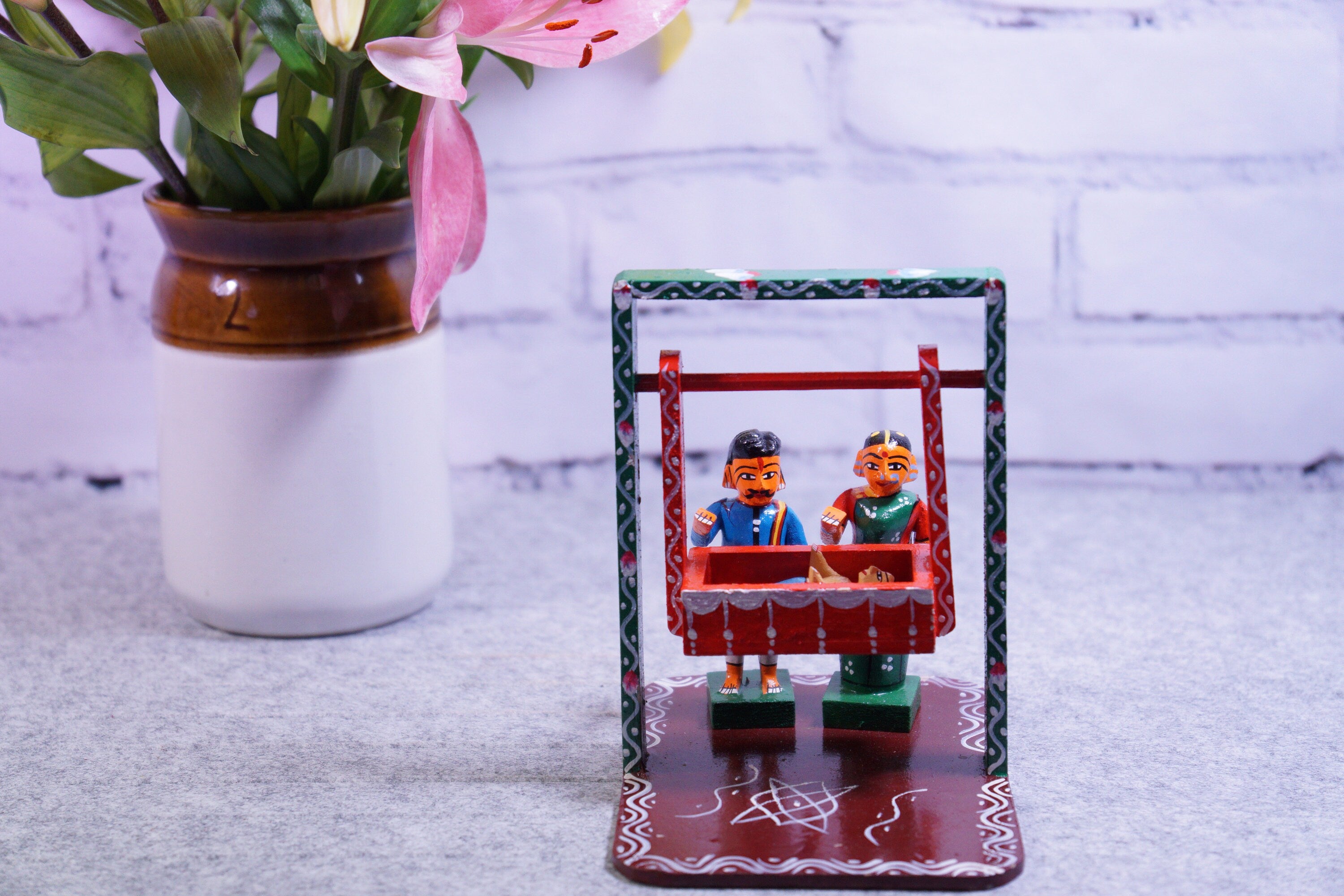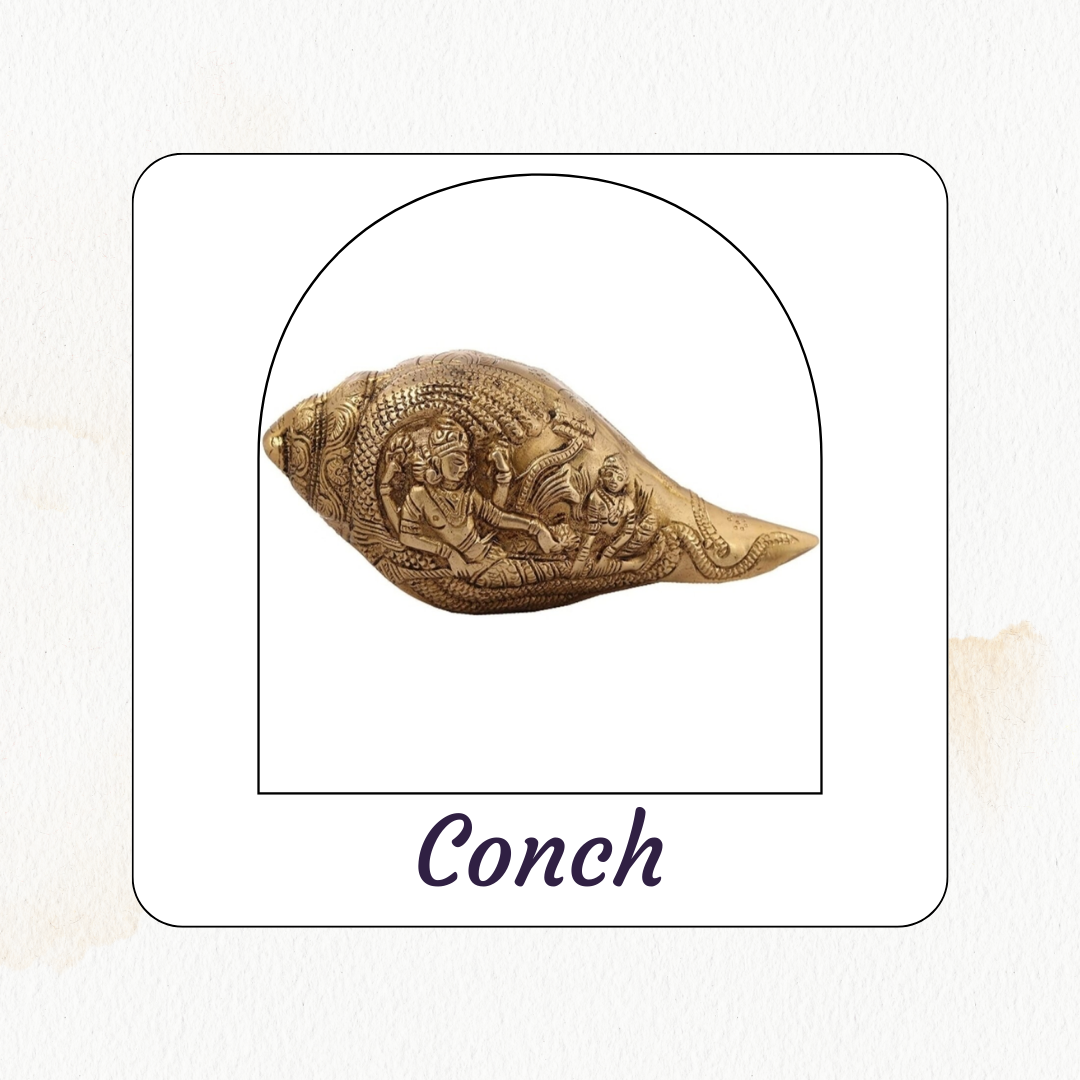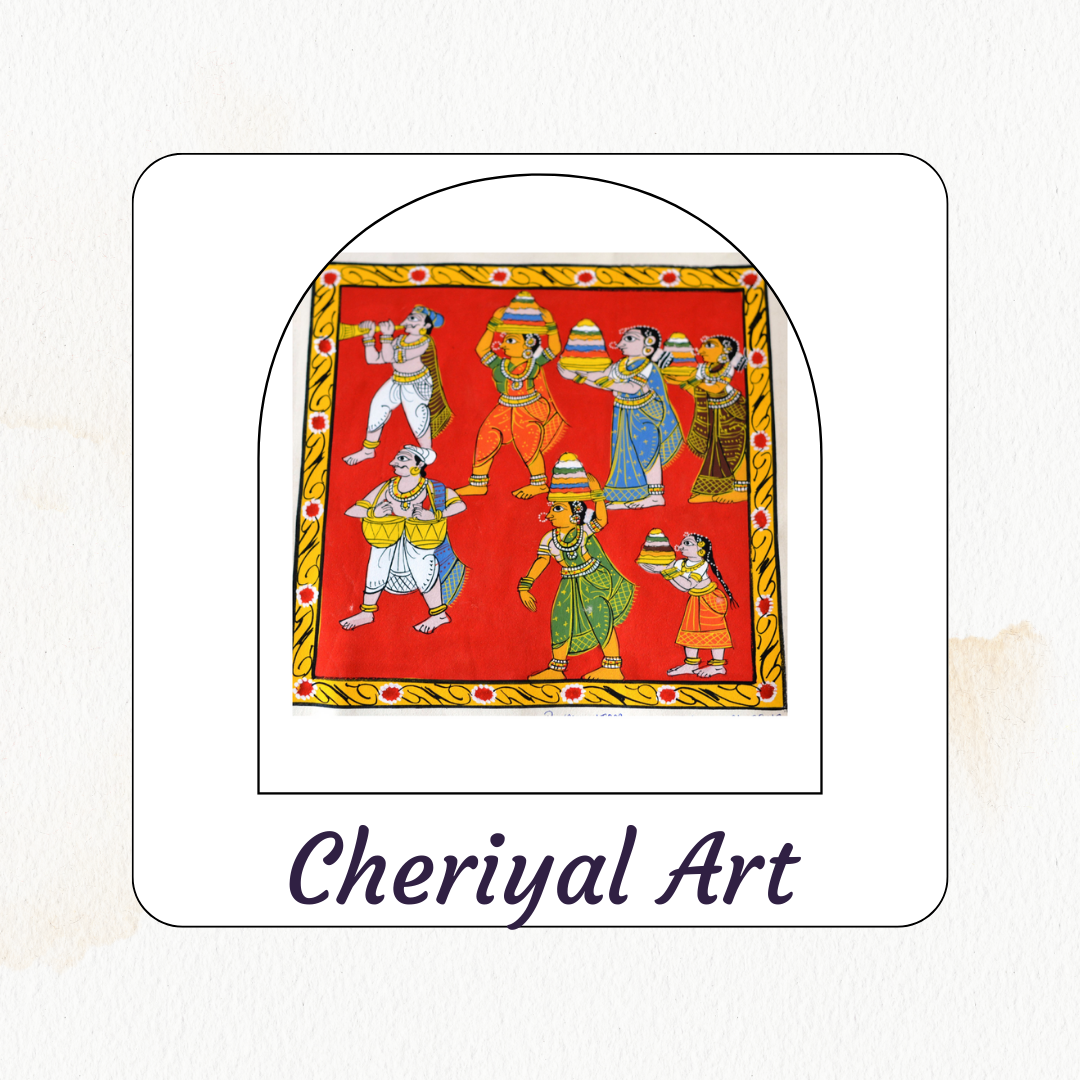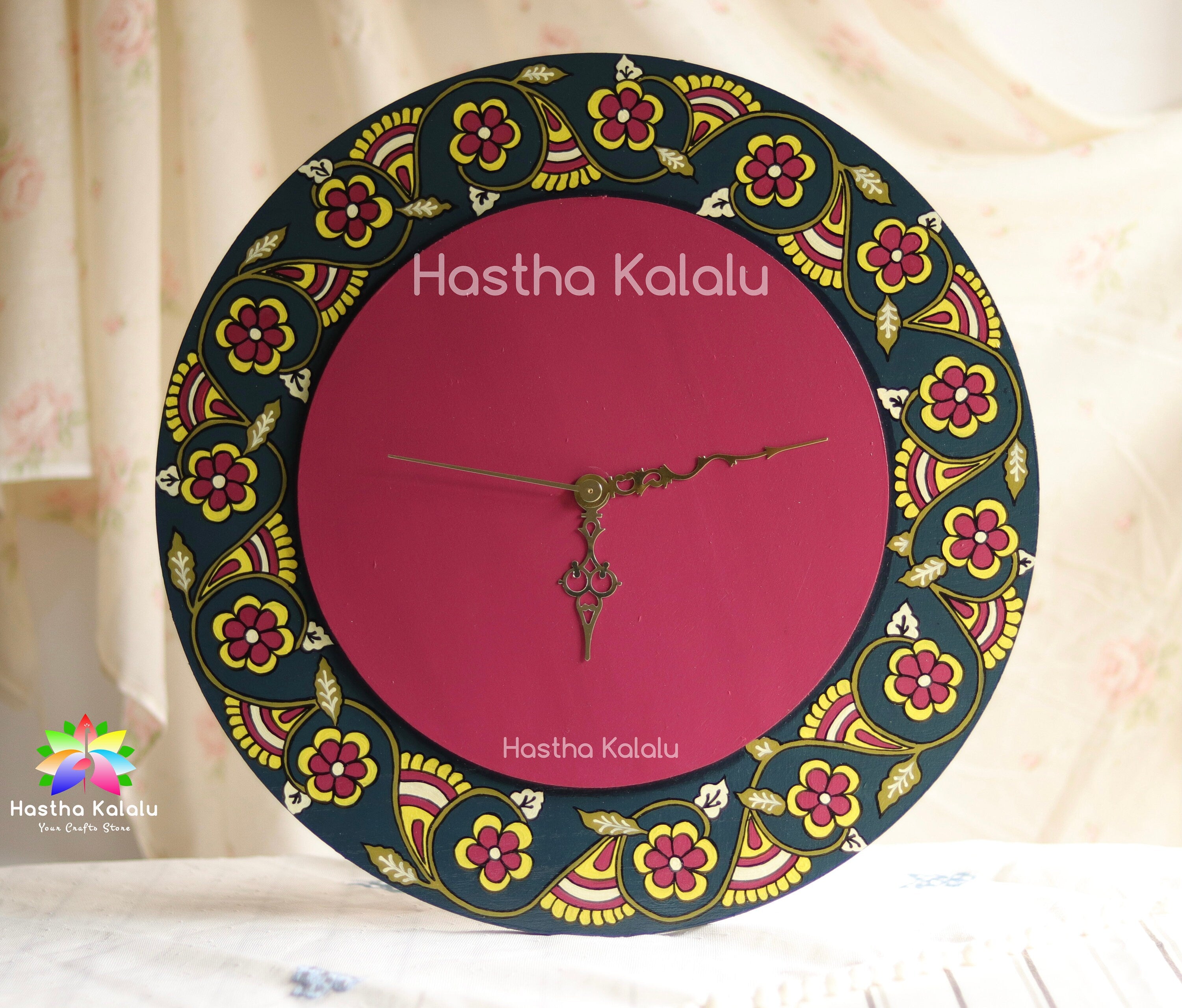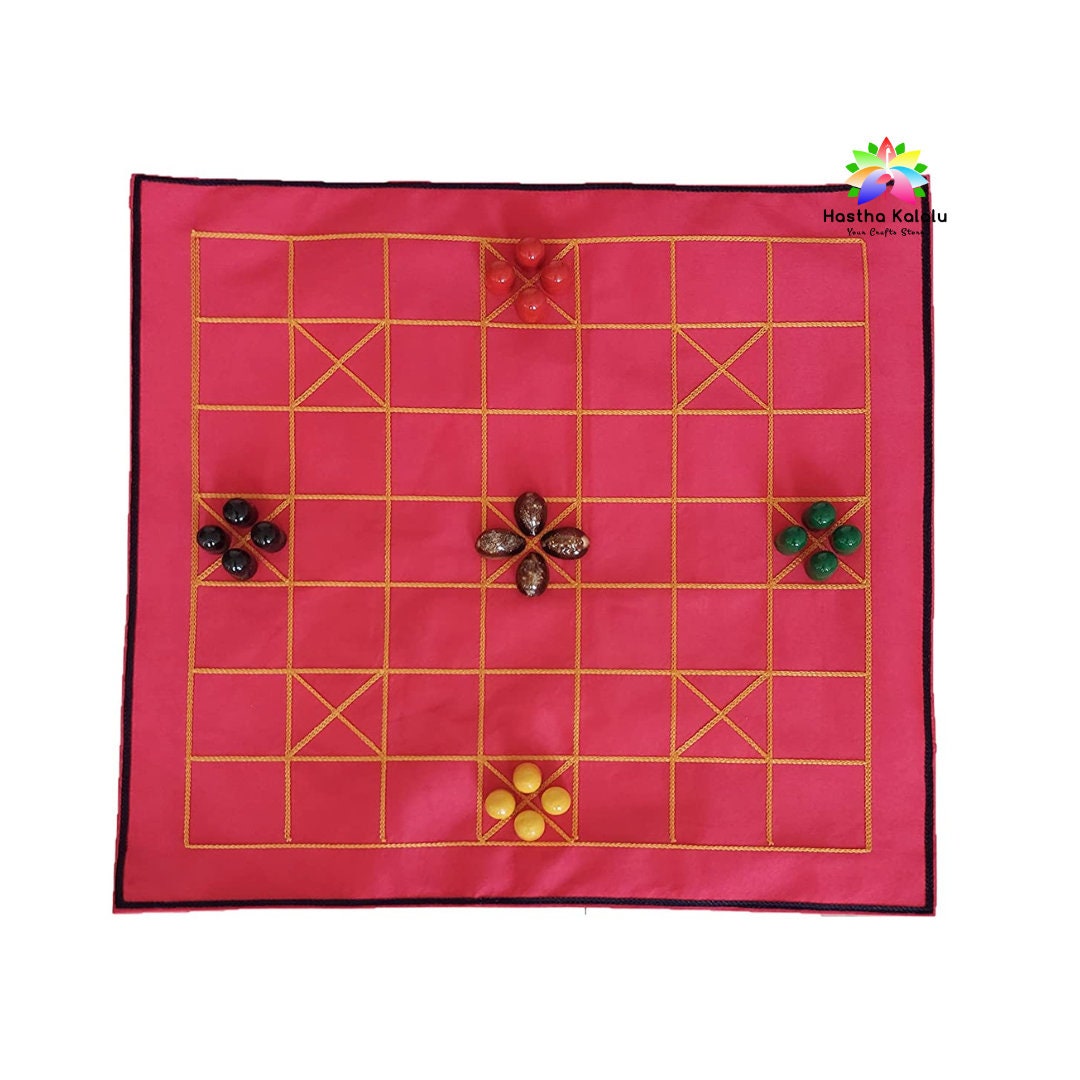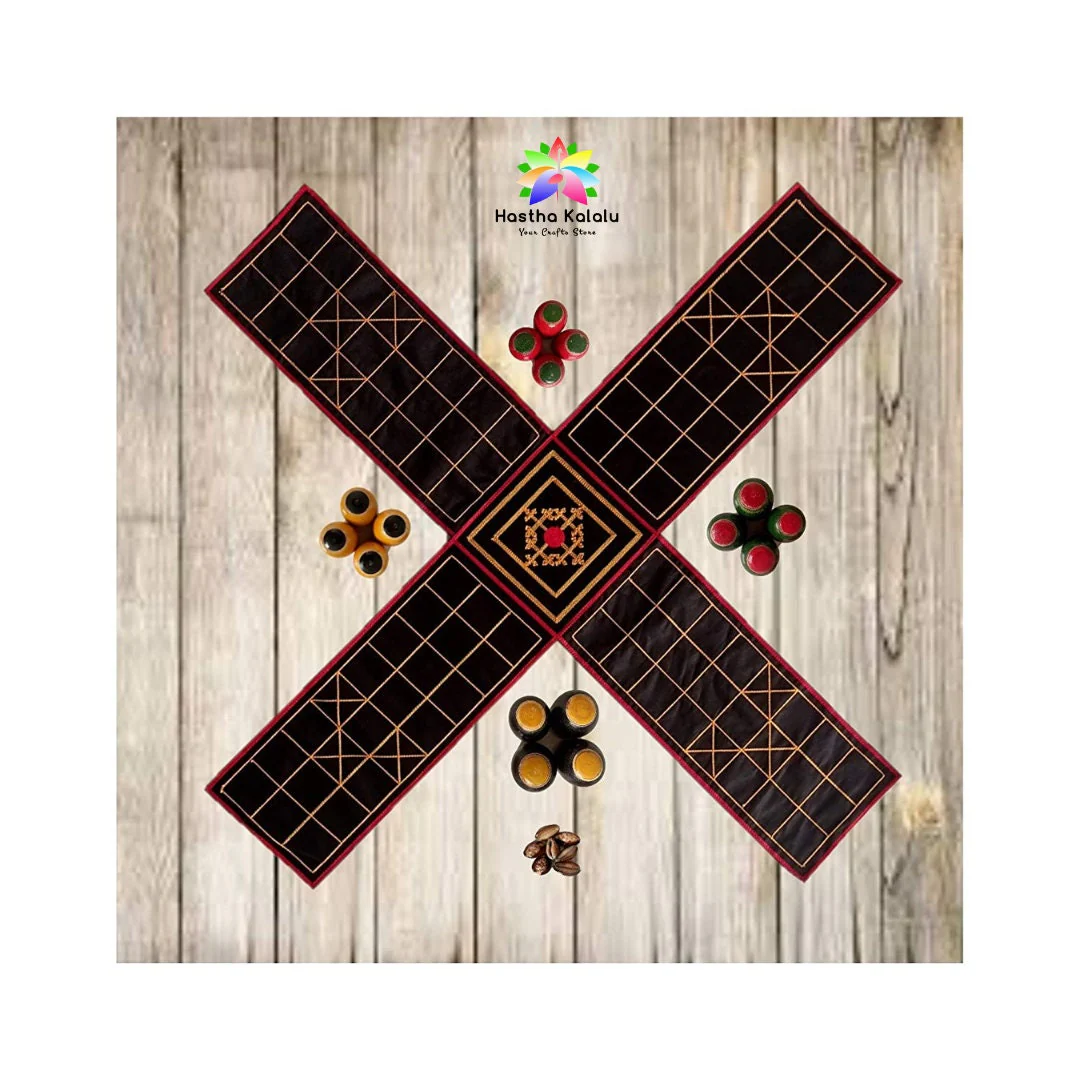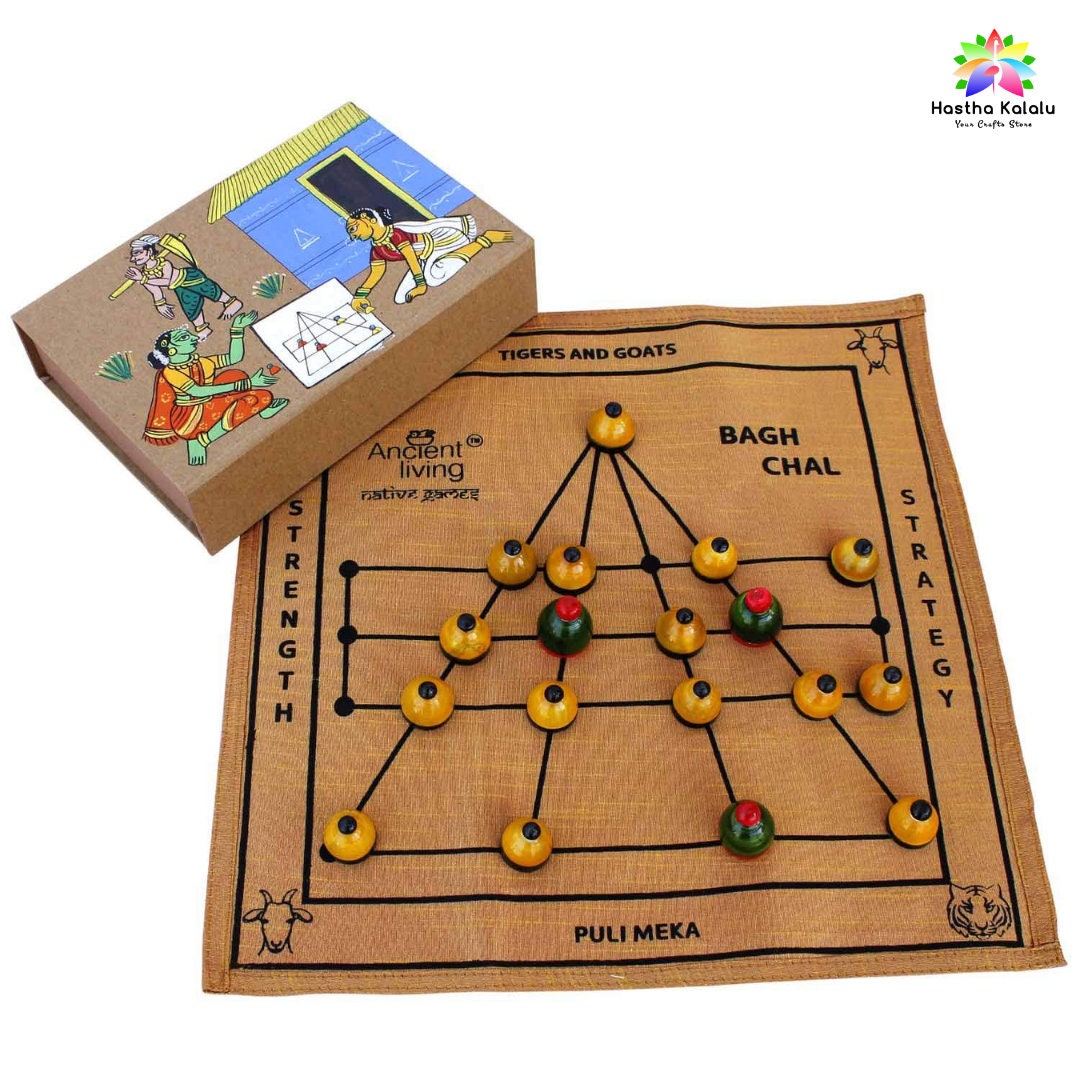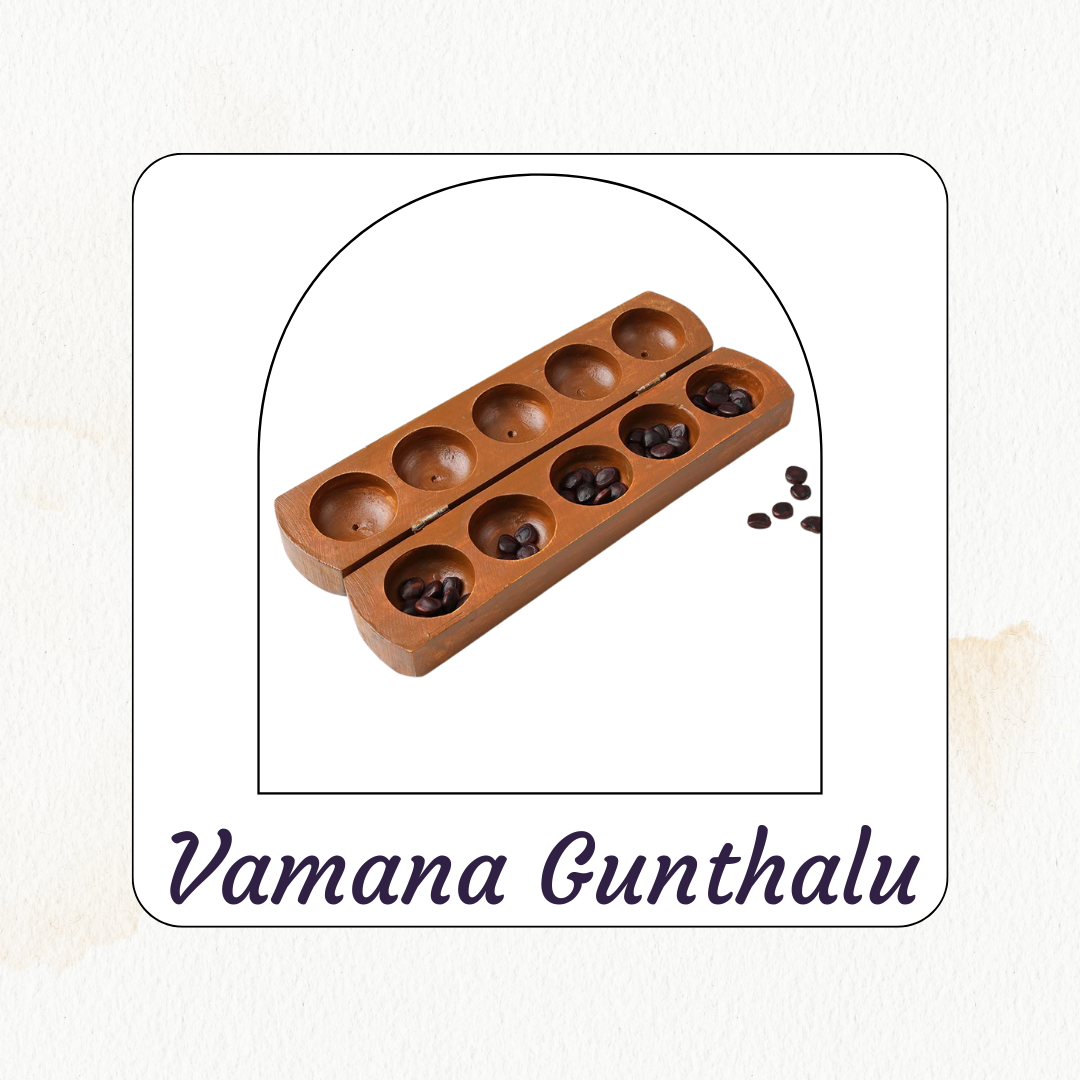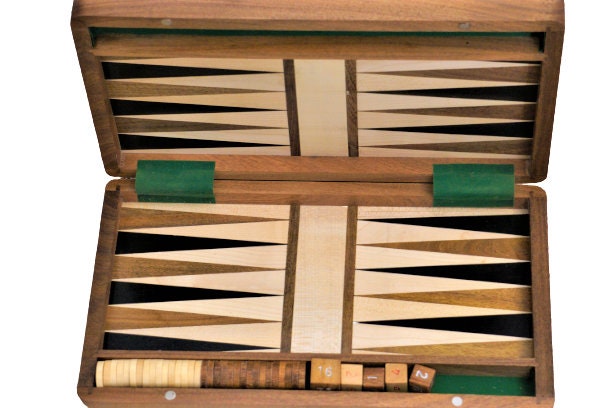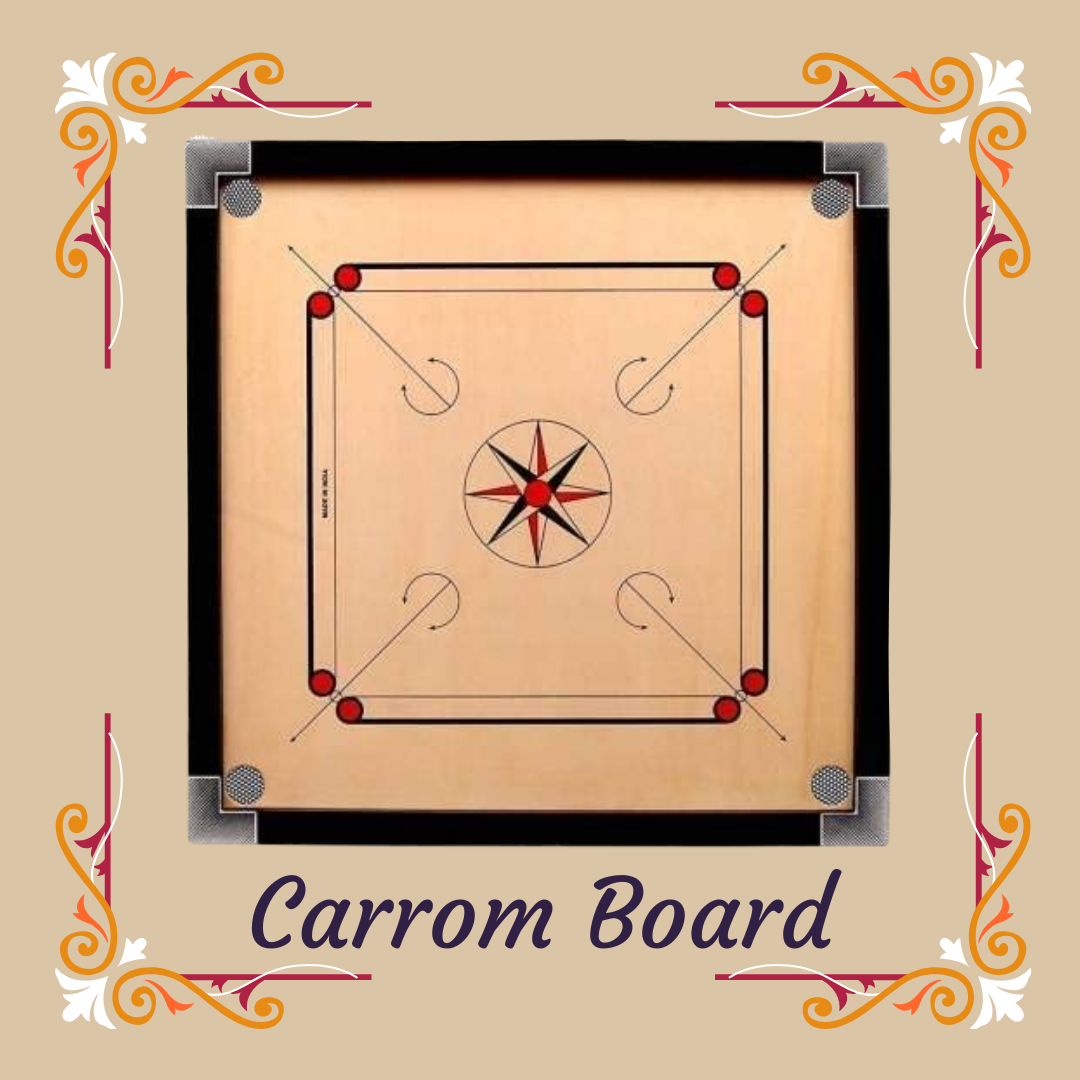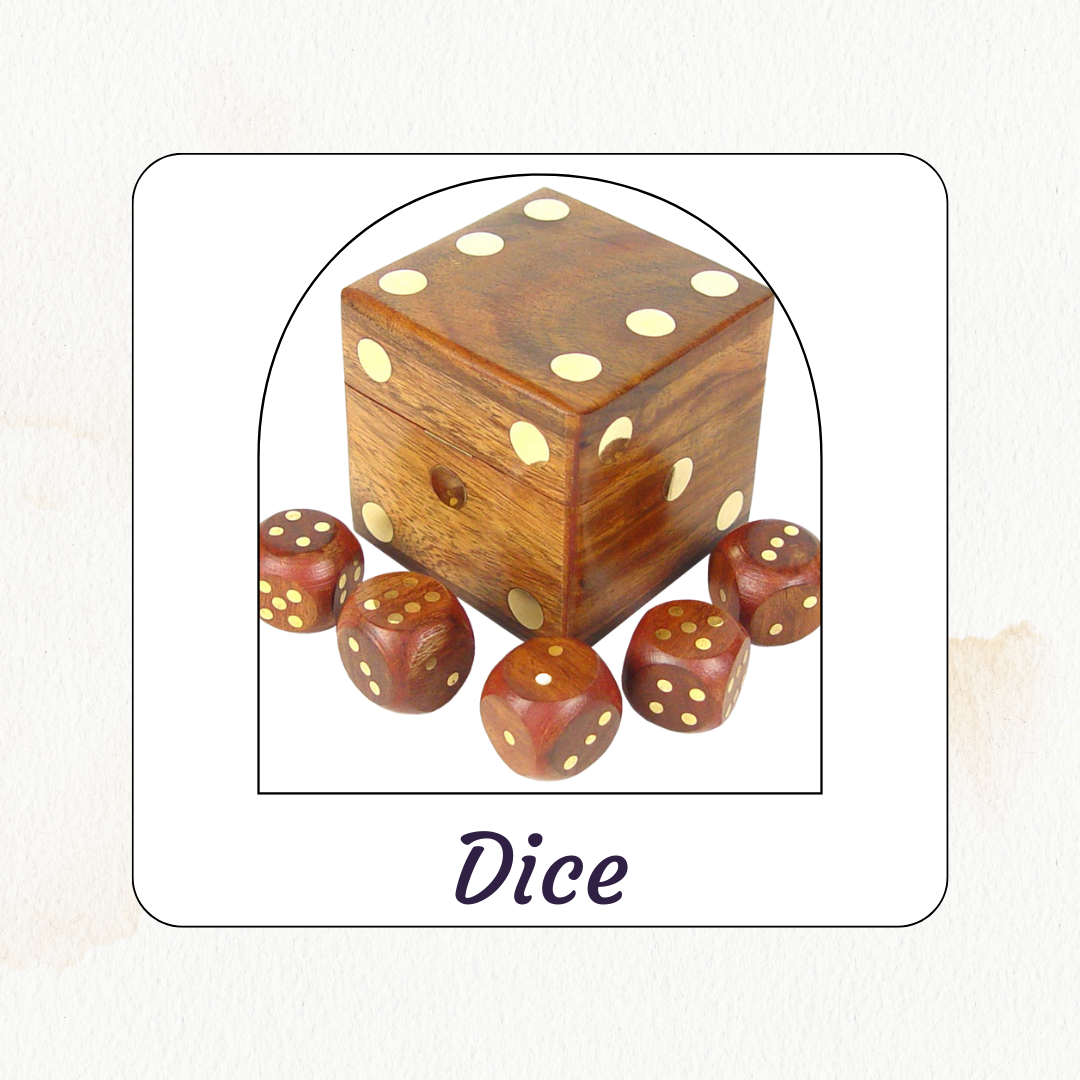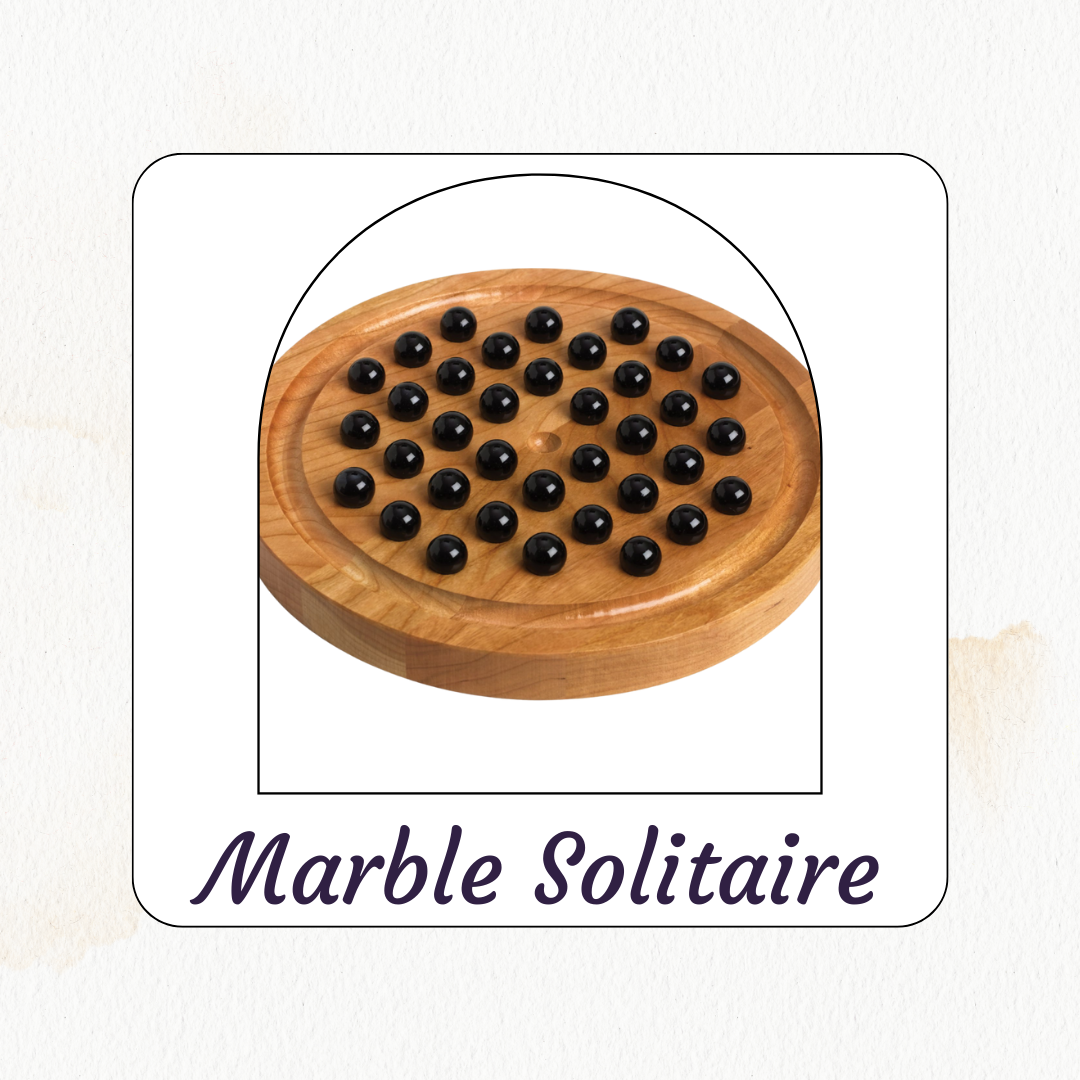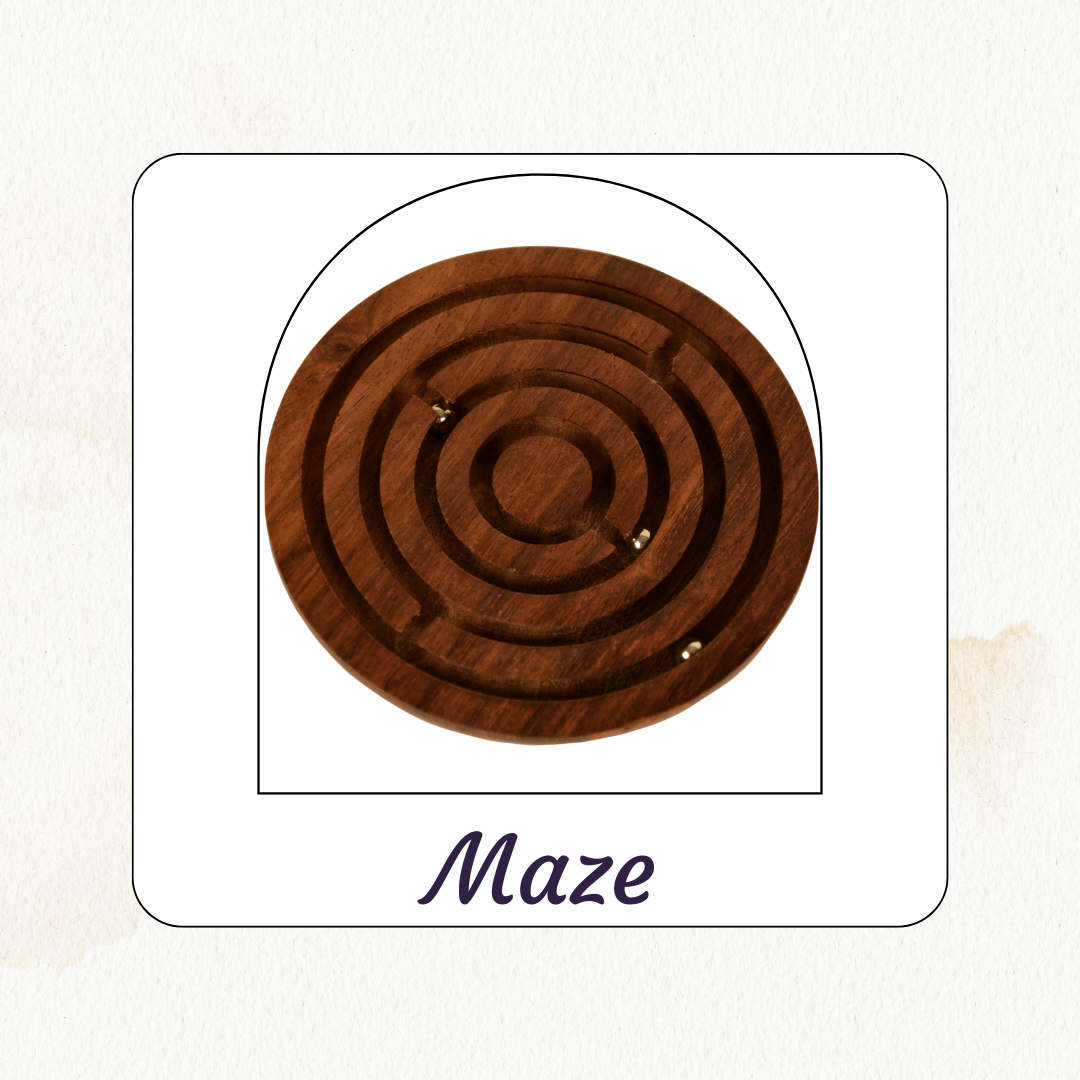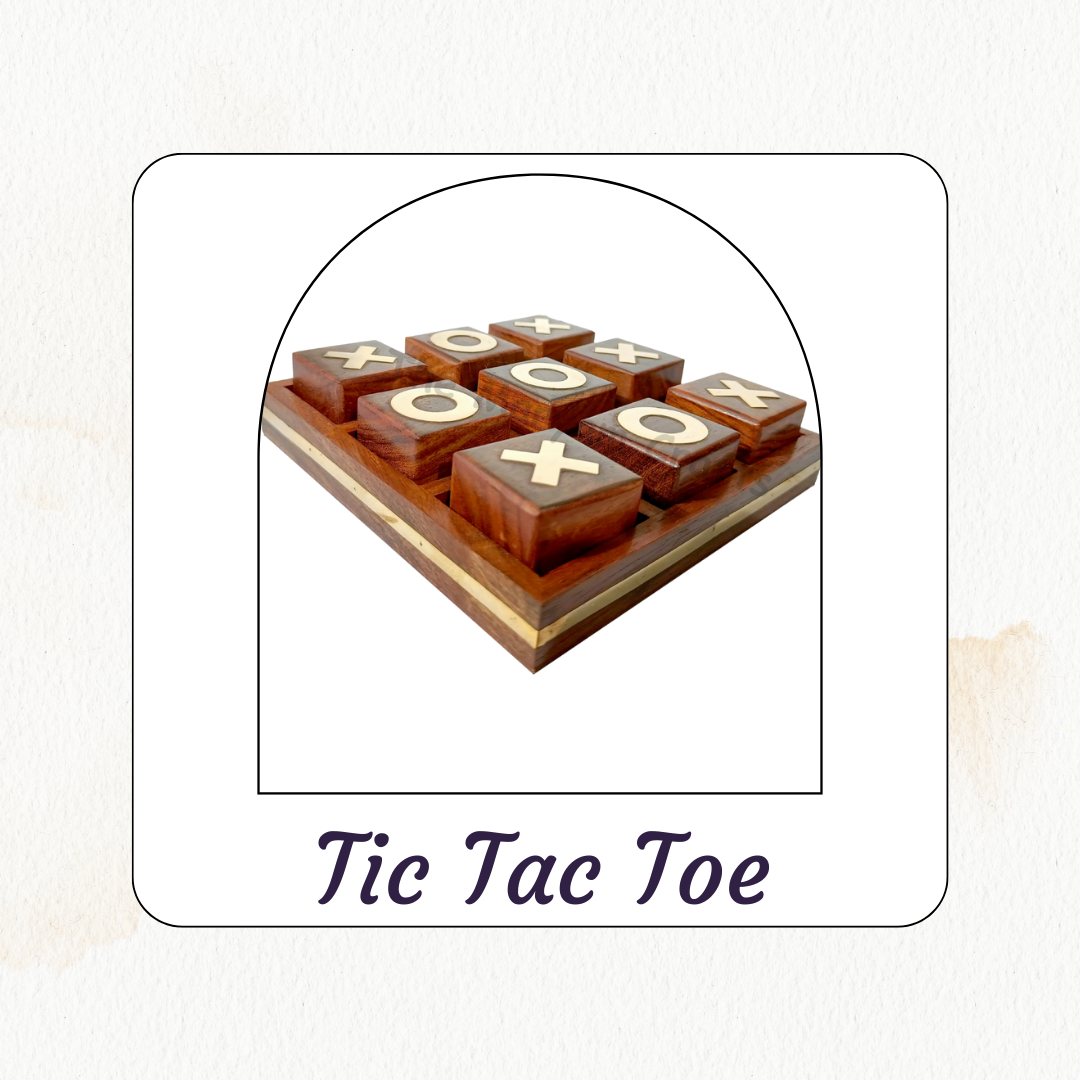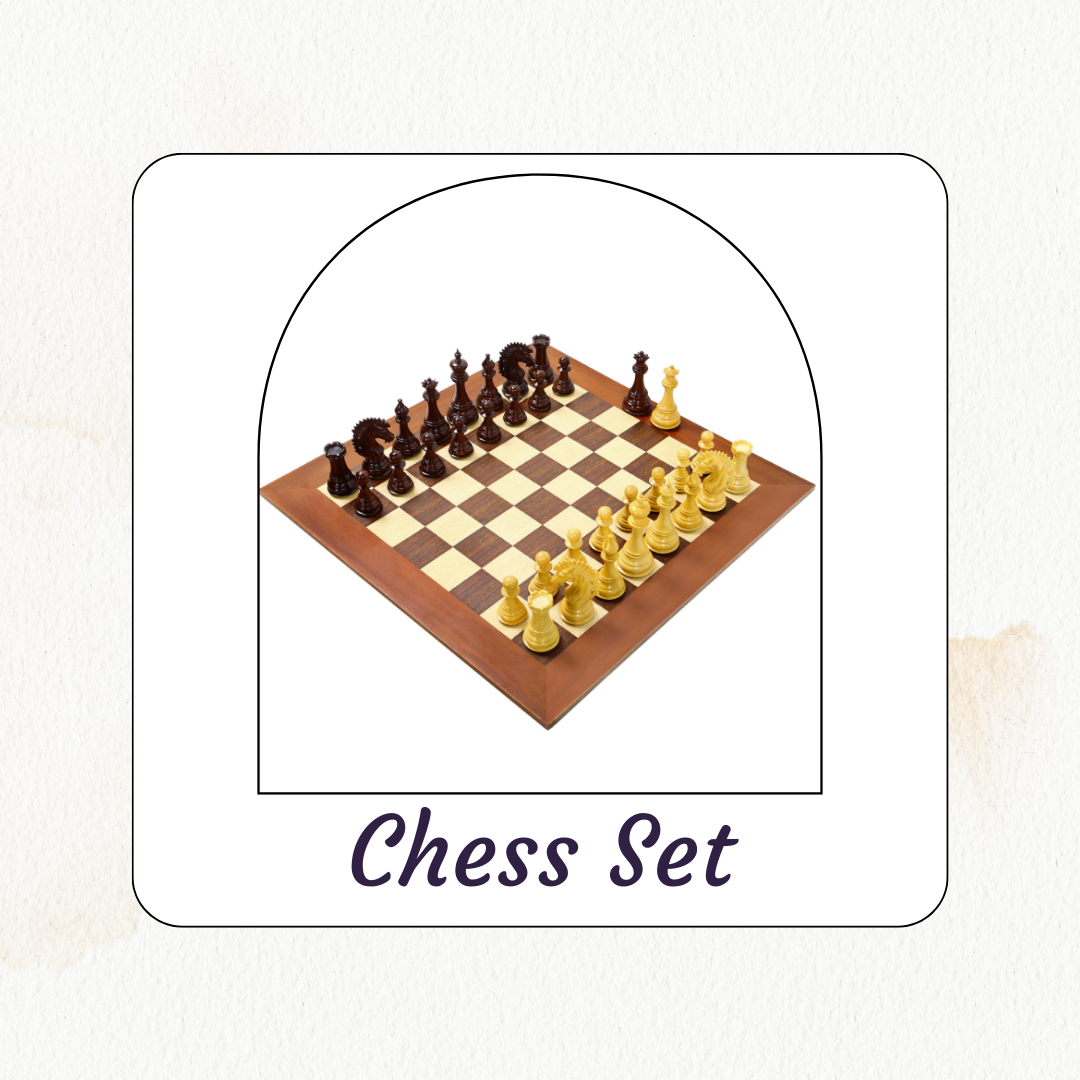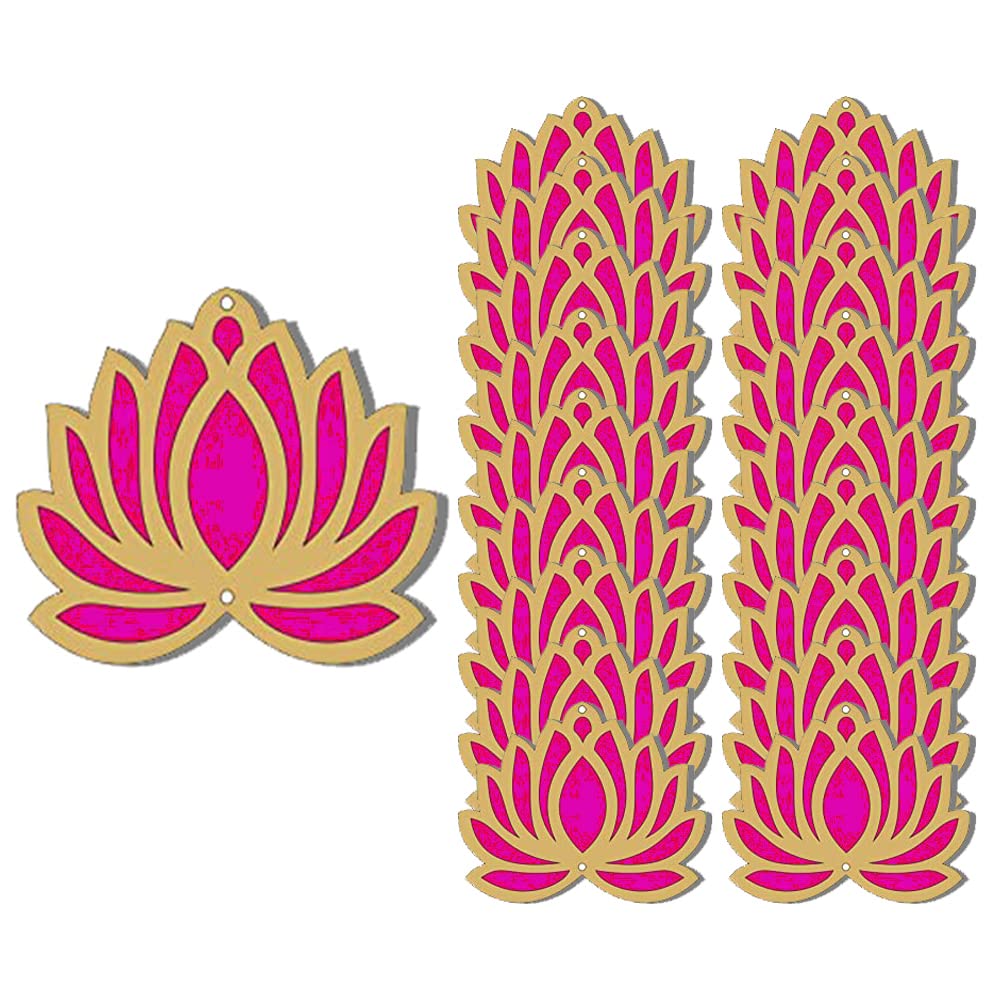Introduction Brass isn't just a pretty metal; it's a shapeshifter with a touch of gold. From ancient civilizations to modern industry, brass has proven itself both beautiful and incredibly useful. Let's dive into the composition, properties, and surprisingly creative applications of this versatile alloy.
History of Brass Brass was a star even before written history. Ancient cultures prized it for its resemblance to gold – they used it in everything from coins to mystical amulets. During the Industrial Revolution, its practicality took center stage, and brass became a workhorse in factories around the world.
Composition Brass starts with copper and zinc getting cozy together. By changing the proportions of these metals (and sometimes adding a pinch of something extra), manufacturers can create different types of brass, each with its own special talents.
Key Properties of Brass
- The Artist's Metal: Brass can be hammered, molded, stretched, and twisted without losing its strength. It's perfect for creating everything from delicate jewelry to grand sculptures.
- Corrosion Fighter: Rust doesn't stand a chance! Brass is tough and can handle outdoor life, keeping everything from ship fittings to park benches looking good through rain or shine.
- Golden Touch: Brass's warm, golden color adds instant elegance. It's the reason it's been used in luxurious home décor and high-end architecture for centuries.
- Sound and Fury: Brass is music to a musician's ears – literally! It's the go-to metal for trumpets, saxophones, and all those instruments that make a band go 'boom'.
- Germ Buster: Some brass types have germ-fighting superpowers, making them ideal for hospitals and healthcare setting, please refer the International Copper Association website.
Types of Brass
- Alpha Brass (Copper-Rich)
- Composition: Contains 60-70% copper and 30-40% zinc. It's the most common type of brass.
-
Properties:
- Excellent cold working properties: It can be easily rolled, stamped, drawn, and formed at room temperature.
- Good corrosion resistance: Suitable for damp environments and marine applications.
- Ductile and machinable: Can be cut and shaped with precision.
-
Common Uses:
- Plumbing fixtures and fittings
- Decorative hardware (doorknobs, hinges)
- Musical instruments (bells, horns, cymbals)
- Coins
- Electrical components (connectors, terminals)
- Alpha-Beta Brass (Balanced)
- Composition: Contains approximately 50-60% copper and 40-50% zinc.
-
Properties:
- Combination of strength and ductility: It's stronger than alpha brass, but still workable at room temperature.
- Good machinability and weldability: Easy to fabricate and join.
- Moderate corrosion resistance: Less resistant than alpha brass but suitable for most applications.
-
Common Uses:
- Fasteners (screws, nuts, bolts)
- Valve bodies and components
- Marine hardware
- Automotive parts
- Architectural components
- Beta Brass (Zinc-Rich)
- Composition: Contains 55-70% zinc and 30-45% copper.
-
Properties:
- Highest hardness and strength: Suitable for applications demanding wear resistance.
- Limited ductility: It's mainly hot-worked for shaping (forging, extrusion).
- Lower corrosion resistance: Needs protective coatings in harsh environments.
-
Common Uses:
- Springs
- Gears and bearings
- Electrical terminals
- Propeller shafts
- Industrial equipment components
Additional Notes
-
Further Classification: Brass alloys can be further refined (leaded brass, naval brass, etc.) by adding trace amounts of other elements like lead (for improved cutting), tin (marine applications), or aluminum (strengthens the alloy).
-
"Red" and "Yellow" Brass: These terms are sometimes used informally to distinguish brass types based on color. Lower zinc content produces a more reddish tone ("red brass"), while higher zinc gives a yellow hue ("yellow brass").
Applications of Brass
Brass has permeated various industries due to its blend of functionality and beauty. Here are some key areas where it shines:
- Industrial: Gears, bearings, bushings, and valves benefit from brass's machinability, durability, and resistance to corrosion.
- Electrical: Electrical sockets, switches, terminals, and other components leverage brass's excellent conductivity.
- Home Decor: The warm golden hue of brass is perfect for decorative items like candle holders, frames, and door hardware, adding sophistication to interiors.
- Architecture: Brass frequently enhances both the form and function of buildings, appearing in door fittings, railings, and staircases.
- Music: The rich sounds of trumpets, trombones, and other brass instruments owe their resonance to the unique acoustic properties of brass alloys.
Advantages of Brass
- Corrosion Resistance: Ideal for challenging environments.
- Formability: Can be crafted into complex shapes.
- Beauty: Adds timeless elegance to many applications.
The Future of Brass As technology evolves, we can expect innovations in brass production and recycling, leading to even more efficient and sustainable practices. This enduring alloy will undoubtedly continue to play a vital role in our world.





